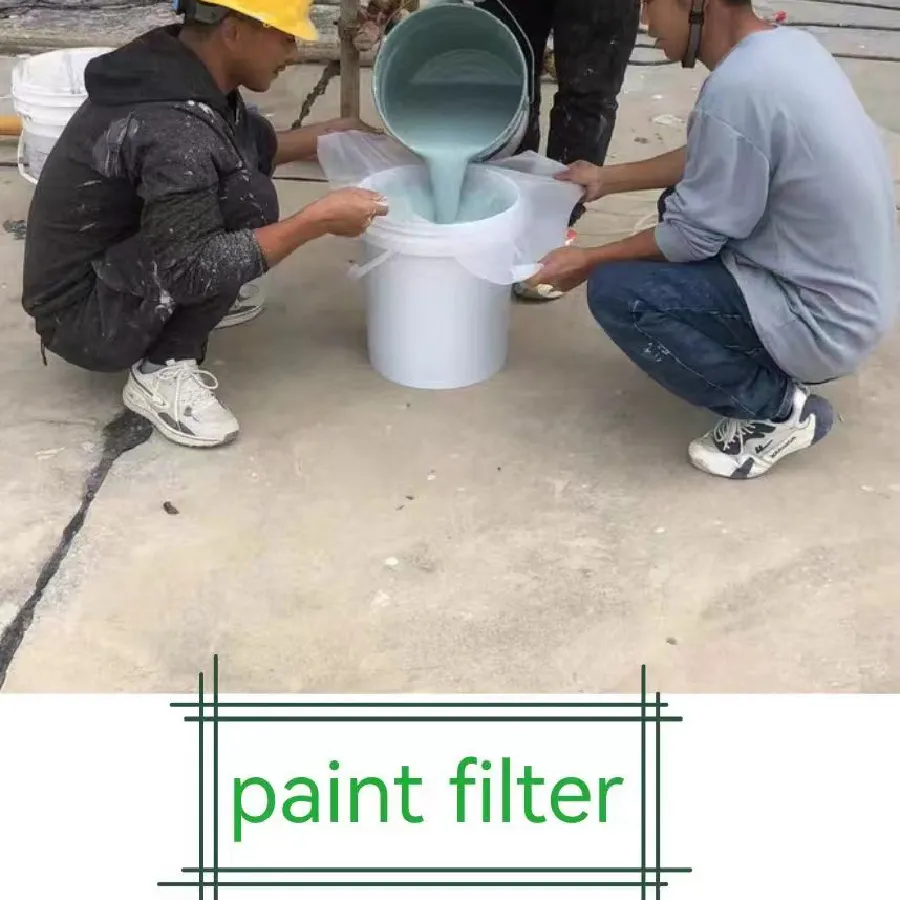-
 Afrikaans
Afrikaans -
 Albanian
Albanian -
 Amharic
Amharic -
 Arabic
Arabic -
 Armenian
Armenian -
 Azerbaijani
Azerbaijani -
 Basque
Basque -
 Belarusian
Belarusian -
 Bengali
Bengali -
 Bosnian
Bosnian -
 Bulgarian
Bulgarian -
 Catalan
Catalan -
 Cebuano
Cebuano -
 China
China -
 Corsican
Corsican -
 Croatian
Croatian -
 Czech
Czech -
 Danish
Danish -
 Dutch
Dutch -
 English
English -
 Esperanto
Esperanto -
 Estonian
Estonian -
 Finnish
Finnish -
 French
French -
 Frisian
Frisian -
 Galician
Galician -
 Georgian
Georgian -
 German
German -
 Greek
Greek -
 Gujarati
Gujarati -
 Haitian Creole
Haitian Creole -
 hausa
hausa -
 hawaiian
hawaiian -
 Hebrew
Hebrew -
 Hindi
Hindi -
 Miao
Miao -
 Hungarian
Hungarian -
 Icelandic
Icelandic -
 igbo
igbo -
 Indonesian
Indonesian -
 irish
irish -
 Italian
Italian -
 Japanese
Japanese -
 Javanese
Javanese -
 Kannada
Kannada -
 kazakh
kazakh -
 Khmer
Khmer -
 Rwandese
Rwandese -
 Korean
Korean -
 Kurdish
Kurdish -
 Kyrgyz
Kyrgyz -
 Lao
Lao -
 Latin
Latin -
 Latvian
Latvian -
 Lithuanian
Lithuanian -
 Luxembourgish
Luxembourgish -
 Macedonian
Macedonian -
 Malgashi
Malgashi -
 Malay
Malay -
 Malayalam
Malayalam -
 Maltese
Maltese -
 Maori
Maori -
 Marathi
Marathi -
 Mongolian
Mongolian -
 Myanmar
Myanmar -
 Nepali
Nepali -
 Norwegian
Norwegian -
 Norwegian
Norwegian -
 Occitan
Occitan -
 Pashto
Pashto -
 Persian
Persian -
 Polish
Polish -
 Portuguese
Portuguese -
 Punjabi
Punjabi -
 Romanian
Romanian -
 Russian
Russian -
 Samoan
Samoan -
 Scottish Gaelic
Scottish Gaelic -
 Serbian
Serbian -
 Sesotho
Sesotho -
 Shona
Shona -
 Sindhi
Sindhi -
 Sinhala
Sinhala -
 Slovak
Slovak -
 Slovenian
Slovenian -
 Somali
Somali -
 Spanish
Spanish -
 Sundanese
Sundanese -
 Swahili
Swahili -
 Swedish
Swedish -
 Tagalog
Tagalog -
 Tajik
Tajik -
 Tamil
Tamil -
 Tatar
Tatar -
 Telugu
Telugu -
 Thai
Thai -
 Turkish
Turkish -
 Turkmen
Turkmen -
 Ukrainian
Ukrainian -
 Urdu
Urdu -
 Uighur
Uighur -
 Uzbek
Uzbek -
 Vietnamese
Vietnamese -
 Welsh
Welsh -
 Bantu
Bantu -
 Yiddish
Yiddish -
 Yoruba
Yoruba -
 Zulu
Zulu
plastic mesh net
Plastic Mesh Net Versatile Solutions for Various Applications
Plastic mesh nets are becoming increasingly popular across various industries due to their versatility, durability, and functionality. Made from high-density polyethylene (HDPE), polypropylene, or nylon, these nets are engineered to serve multiple purposes, from agriculture to construction, and even in recreational activities.
One major application of plastic mesh nets is in the agricultural sector. Farmers utilize them for a variety of reasons, such as crop protection, wildlife management, and soil erosion control. The lightweight yet strong structure of plastic mesh allows for adequate sunlight and air circulation while providing a barrier against pests and harsh environmental factors. Additionally, they can be used to create trellises for climbing plants or to support young saplings, promoting healthier growth.
In the construction and landscaping industries, plastic mesh nets are used for scaffolding safety, erosion prevention, and as temporary barriers. They can be wrapped around scaffolding to enhance safety, preventing tools and materials from falling and thus reducing the risk of accidents on construction sites. Furthermore, when employed for erosion control, these nets help stabilize soil on slopes and reduce the impact of rainfall on bare ground, making them an essential tool for preserving landscapes.
Recreational activities also benefit from plastic mesh nets. They are commonly used in sports facilities, such as soccer and tennis courts, to create boundaries and protect spectators from flying balls. In parks and playgrounds, mesh nets provide safety features for climbing structures, ensuring that children can play in a secure environment.
plastic mesh net

Moreover, plastic mesh nets are increasingly being utilized for environmental protection. They are often employed for waste management and recycling purposes, acting as containment and separation solutions for various materials. The porous nature of these nets allows air and moisture to pass through, helping to maintain the integrity of compost or other organic materials in waste facilities.
The manufacturing process of plastic mesh nets contributes to their appealing characteristics. They can be produced in a variety of configurations and colors, making them adaptable for specific uses. This customization can include varying mesh sizes, thicknesses, and treatments to offer additional UV resistance or added strength. As such, consumers can select the net that best fits their unique needs, whether for industrial, agricultural, or recreational purposes.
As awareness of environmental sustainability increases, manufacturers are also focusing on recycling and using eco-friendly materials in their production processes. This shift will likely pave the way for a broader acceptance of plastic mesh nets in environmentally-conscious applications, ensuring that they contribute positively to sustainability efforts rather than detracting from them.
In conclusion, plastic mesh nets are versatile, durable, and functional solutions for a wide range of applications, from agriculture and construction to recreation and environmental protection. As technological advancements and sustainability practices continue to evolve, their popularity and usage are expected to expand further, making them an integral component in enhancing efficiency and safety across various industries. By understanding and capitalizing on the benefits of plastic mesh nets, individuals and organizations can work smarter and more sustainably.
-
Shipping Plastic Bags for Every NeedNewsJul.24,2025
-
Safety Netting: Your Shield in ConstructionNewsJul.24,2025
-
Plastic Mesh Netting for Everyday UseNewsJul.24,2025
-
Nylon Netting for Every UseNewsJul.24,2025
-
Mesh Breeder Box for Fish TanksNewsJul.24,2025
-
Expanded Steel Mesh Offers Durable VersatilityNewsJul.24,2025











